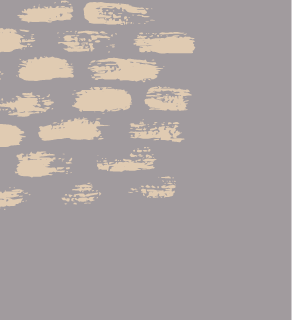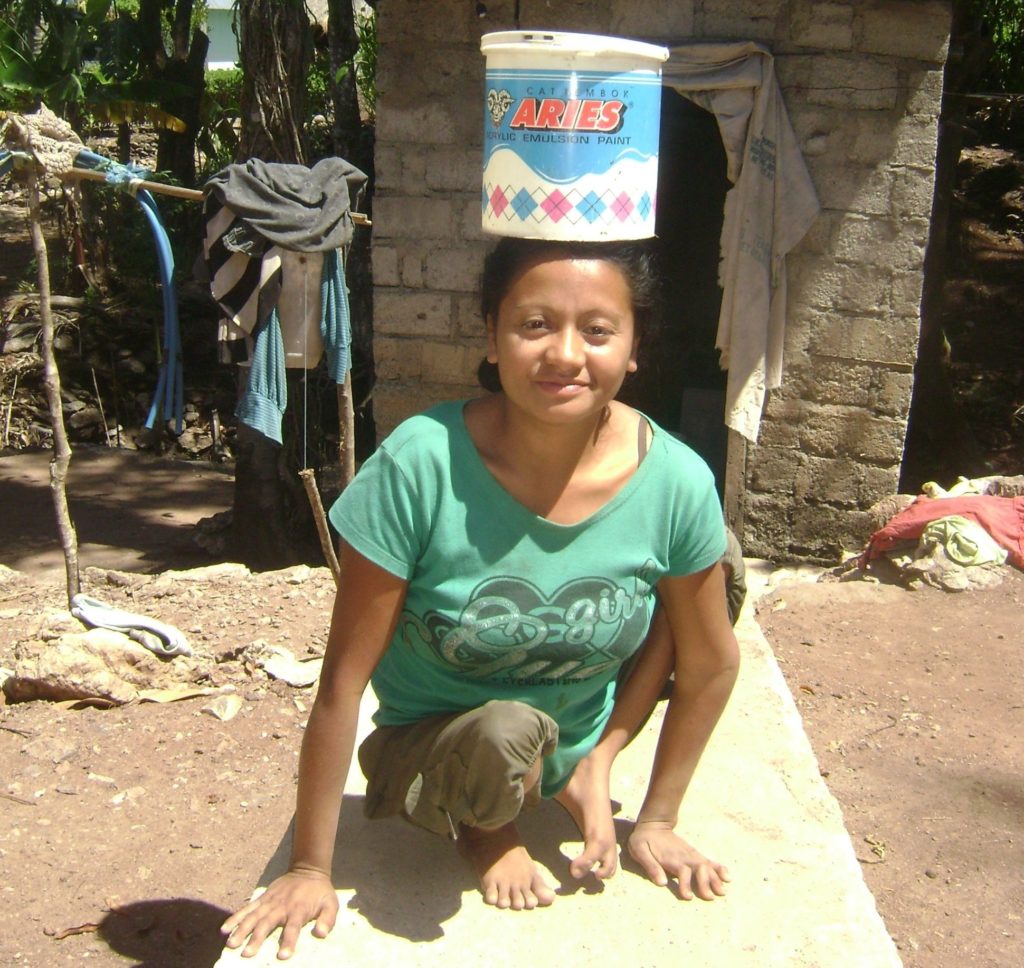Disability has gradually shifted from a ‘hidden’ subject to one which is becoming more mainstreamed within the sector. However, people with disabilities or chronic illnesses continue to face many barriers to accessing S&H services.
People with disabilities face discrimination when using public S&H services and are more likely to come into contact with faeces and urine when using public and private toilets than non-disabled people. They tend to lack voice in the community, to have their needs overlooked, and may even be hidden by their families.
Some types of disability, such as intellectual disabilities and invisible disabilities, as well as chronic illnesses also remain more hidden than others. To avoid reinforcing inequalities, S&H programmes need to ensure they proactively involve people with disabilities and chronic illnesses of all types and address their particular requirements for access to sanitation, and develop and integrate strategies and monitoring plans to evaluate their success.







